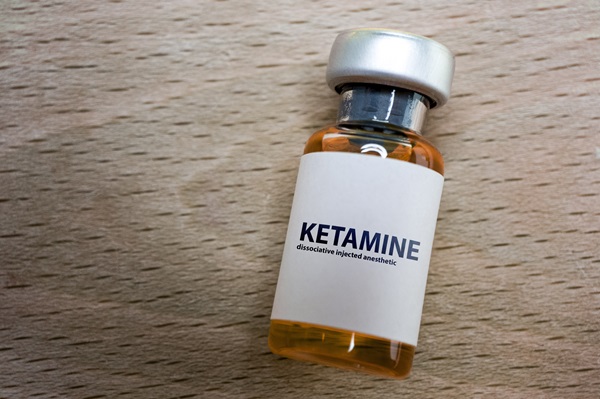How a Ketamine Doctor Can Help Treat Mental Health Conditions

Wondering whether a ketamine doctor can treat your mental health condition? Read on to learn more about this type of treatment. If conventional treatment options for mental health issues like depression and anxiety have not improved your symptoms, you might consider alternative options like ketamine. A ketamine doctor can provide an alternative method of treating mental health problems that have not responded to previous therapies. On-site ketamine infusion therapy may alleviate symptoms rapidly and improve your health over time.
Mental health treatment from a ketamine doctor
Ketamine is a common anesthetic drug for use in surgical and emergency settings. However, ketamine infusions at a low enough dosage may also significantly lessen the impact of mental illness.
Ketamine helps with mental health issues by increasing glutamate levels in the brain. The glutamate neurotransmitter plays a crucial role in normal brain operation. Ketamine's ability to promote neuroplasticity (the formation of new neural connections in the brain) makes it useful for the treatment of conditions like anxiety, depression, substance abuse, alcohol addiction, chronic pain, and post-traumatic stress disorder.
Ketamine's rapid effects on relieving anxiety, depression, and drug or alcohol cravings are due to its ability to increase glutamate levels and improve communication pathways in the brain.
Ketamine treatment: What to expect
A ketamine doctor provides ketamine intravenously in very low dosages to ensure that their patients get the most out of their treatment. Patient safety is paramount, and therefore, medical professionals will monitor their vitals during the course of therapy.
For mental health therapy, infusions last around 40 to 80 minutes, whereas those for chronic pain and substance abuse may take several hours. Soft music or nature films often play to help patients relax. Many patients have an out-of-body experience during infusions, describing a tingling or floating sensation that permeates their whole body. Although many patients experience nausea, ketamine doctors have a wide variety of anti-nausea drugs to help keep it under control.
The treatment team may reduce the drip rate of the infusion therapy if the patient is experiencing any discomfort. Individuals will need to stay in the recovery area until they have regained consciousness before going home to relax. Patients are often advised to refrain from driving and other physically-demanding activities after the injection for the rest of the day.
Benefits of ketamine infusion treatment
During infusion treatment, many patients report feeling better, and others report considerable symptom improvement after only one session. The improvement in the symptoms following therapy lasts for days and weeks.
The doctor can calculate how many ketamine infusion treatments patients will need to reach peak effectiveness. In most cases, six infusions spread out over two weeks are an effective way to treat mental conditions that have proven resistant to conventional care.
During follow-up appointments after a course of therapy, the medical team will check in with you to see how you are doing with your depression, anxiety, and other symptoms.
The bottom line
Before administering treatment, the ketamine doctor will perform an assessment to determine if the patient is eligible for the procedure. Contact our office today to schedule an appointment and to find out whether ketamine infusion treatment is a viable choice for you.
Get more information here: https://futurepsychsolutions.com or call Future Psych Solutions at (803) 335-5232
Check out what others are saying about our services on Yelp: Ketamine Doctor in Columbia, SC.
Related Posts
Post-traumatic stress disorder PTSD treatment continues to evolve, especially for individuals who do not find enough relief with traditional talk therapy or standard medications alone. PTSD affects the brain's stress circuits, mood regulation, and sleep, which can make daily life feel overwhelming. Modern interventional psychiatry focuses on advanced therapies that help the brain reset and…
Depression can be difficult to manage, particularly for those who do not respond to traditional antidepressants and other methods. In these cases, spravato for depression offers a new and effective psychiatric treatment option. This FDA-approved medication, also known as esketamine, is administered as a nasal spray under medical supervision. It has shown remarkable results for…
Treatment-resistant depression can leave patients feeling stuck, even after exploring different medications and approaches to therapy. The good news is that TMS therapy, or transcranial magnetic stimulation, offers a new way forward. This innovative and noninvasive psychiatric treatment aims to restore healthy communication between brain regions responsible for mood, emotion, and focus, providing a path…
Ketamine therapy is an effective treatment method for treatment-resistant mental conditions, such as depression, anxiety disorders, and post-traumatic stress disorder (PTSD). However, common misconceptions may prevent individuals from choosing this treatment and obtaining the relief they need. Our team is here to dispel the three most common myths surrounding ketamine therapy so you can make an…


